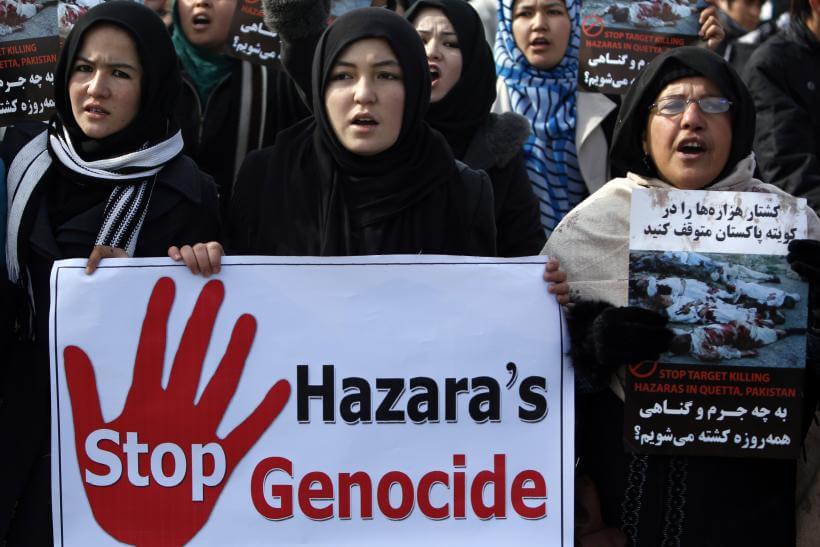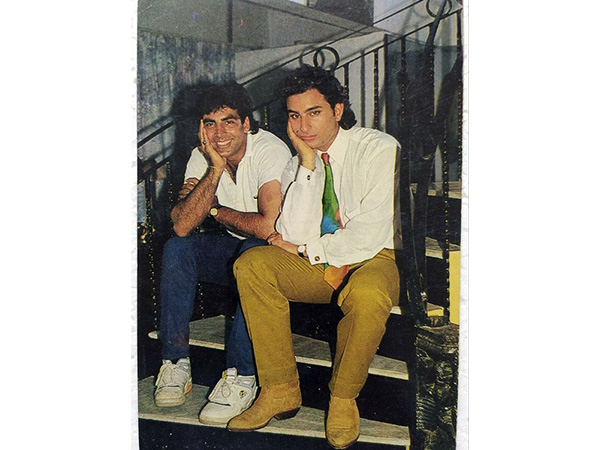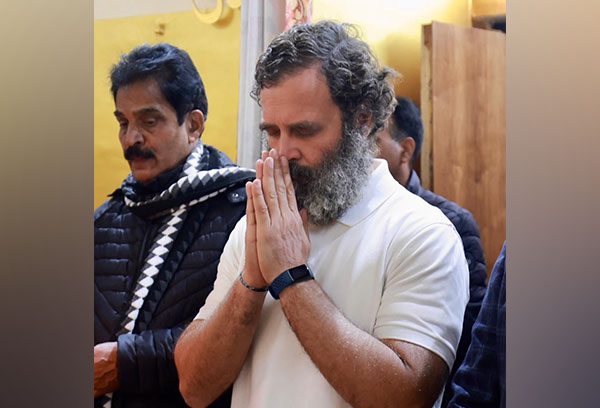
Pak Overlooks Anti-Shia Militancy, Hazaras Suffer: Report
Eleven coal miners from Hazara community were killed in a brutal attack in Balochistan last month and the members of the community continue to be targeted due to Pakistan’s appeasement of anti-Shia militancy.
The Diplomat writes that the Hazaras have been victims of ethnic cleansing and pogroms in the region for almost two centuries since they were recruited in the First Anglo-Afghan War in 1839.
After the 9/11 attacks in the US, the Hazara population of Balochistan has been regularly targeted by Taliban and anti-Shia outfits such as Lashkar-e-Jhangvi (LeJ) and Sipah-e-Sahaba Pakistan (SSP). The two groups have now been turned into political fronts after military ruler Pervez Musharraf was globally pressured into outlawing numerous jihadist groups.
In the next decade, the Hazara population in Pakistan saw its worst bout of terror, with back-to-back bombings in Quetta at the start of 2013 that killed at least 165 people. In the period from 2012 to 2017, over 500 Hazaras were killed in terror attacks in Balochistan alone. Over 2,000 Pakistani Hazaras have been killed since 2004.
After a series of terror attacks targeting the local Hazaras in 2018, the community members went on a hunger strike, which ended after reassurances from Army Chief General Qamar Javed Bajwa. However, less than a year after Bajwa’s promises, a bomb blast in Quetta’s Hazarganji area killed at least 20 people and wounded 48 others.
Attacks on the Hazaras continued in 2020 with the latest instance being the massacre in which 11 coal miners were killed. The incident pushed the community once again to demand what has been repeatedly promised.
Most of the attacks against the Shia Hazaras and even other religious minorities like the Christian communities in Balochistan have been perpetuated by the LeJ and the Islamic State, writes Kunwar Khuldune Shahid for The Diplomat.
The Islamic State, responsible for attacks such as the Quetta hospital bombing in 2016, Bethel Memorial Methodist Church attack in 2017 and Mastung rally blast in 2018, has upheld the anti-Shia jihadist policy of fellow ideologues like LeJ, with the Hazara community being its most vulnerable prey, writes The Diplomat.
LeJ and the Islamic State immediately converged after the latter announced its Khorasan faction in the region in 2015. The convergence started with the Safoora Chowrangi massacre in Karachi, in which 46 Ismaili Shia were killed, The Diplomat reported.
The Pakistan state has been simultaneously allowing anti-Shia hysteria to be propagated across the country during the last year even as attacks against the minority community continued in the country.
The Punjab Assembly passed the anti-Shia Tahaffuz-e-Bunyad-e-Islam (Protection of Foundation of Islam) Bill in July, and anti-Shia rallies in urban centers like Karachi have been permitted. The state was a bystander at best, and an accomplice at worst, in gory Sunni supremacism, says The Diplomat.
A wide array of causes, such as Saudi subservience, political parties forming Islamist electoral alliances and the Pakistani military creating Islamist pressure groups against civilian rulers, has led to the country adopting a decades-old policy of appeasement towards anti-Shia militancy.
The Pakistan Army has also actively deployed groups like LeJ to counter insurgency in Balochistan. Furthermore, given the jihadism long endorsed by the military, there are many sympathizers of anti-Shia terror outfits within the Army ranks as well.
The army chief Bajwa and Prime Minister Imran Khan have both underscored how the military and intelligence have fueled anti-Shia radicalism in Pakistan.
During the army chief’s meeting with Hazara protestors in April 2018, Bajwa even conceded the possibility of military collaborators in attacks on the community, saying “such a mindset has existed in the institution for 40 years.”
Pakistan is unlikely to abandon its ‘strategic assets’ or the jihadist infrastructure that make it an inalienable stakeholder in the lucrative theatre of bloodshed and militancy along the Af-Pak border, even as the US continues peace talks with the Taliban, writes The Diplomat.
Following the massacre of the coal miners in December last year, Imran Khan was widely criticised on social media as amidst countrywide protests and rising political pressure, he suggested that the protesters were “blackmailing” him by refusing to bury their loved ones until he visits them, Dawn reported.
Pakistan opposition has also condemned Imran Khan for his remarks, calling him a “stone-hearted man”. (ANI)



